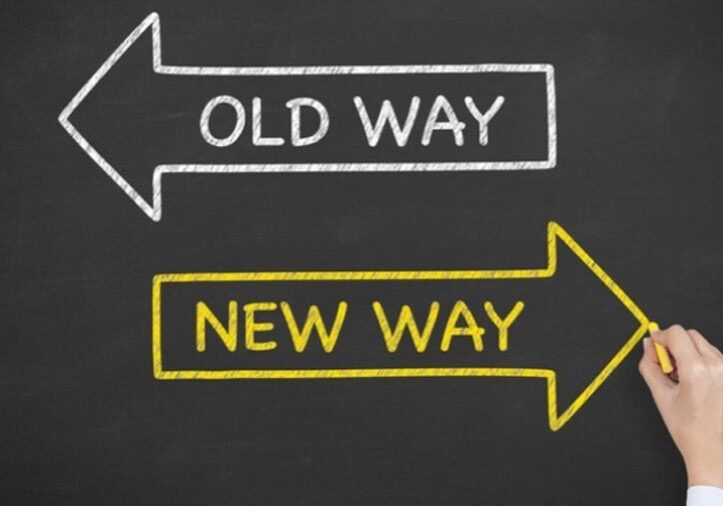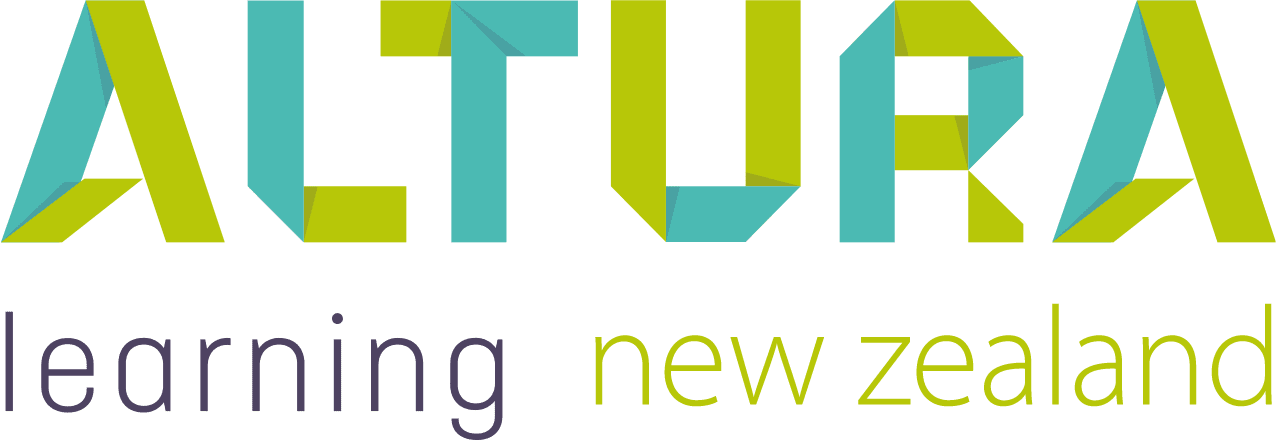Home | Altura Blog |
Change behaviours by reflecting back on what you do
October 3, 2019 | Altura Blog
Topic:
learning-and-development
As learning and development professionals we know that there are a variety of ways that adults learn and there are a multitude of learning theories to support this.
Our extension assessment focuses largely on reflective practice. The Reflective models, such as reflective learning by Schon and Archer and the role of deliberate practice by Duvivier, et al surmise that reflecting on practice leads to action which results in a change in practice.
The action-reflection cycle (also known as the cycles of inquiry) details that a reflective learner deliberately moves between action and reflection. Of course, it needs to be a continuous process as any action will need to be reflected on to see if it has brought about the desired outcome. It also needs to be deliberate.
What does this mean for you and your staff? We know as educators that a desired outcome of education is often a change in practice or behaviour. This model tells us that learners can’t be expected to change their practice or behaviour just from attending an education session without reflecting back on what they currently do. We can’t tell staff to change, they need to recognise a reason for it themselves.
To support this reflective practice, you could provide each learner with the Extension Assessment. Alternatively, if you are conducting a group session, you can design some questions to encourage reflection, use social/collaborative learning to your advantage or work alongside staff and discuss what and why they perform in a certain way.
Essentially, to really embed learning in the context of their practice and, if required, change, build in opportunities for your staff to reflect on their practice into your education.
[/et_pb_text][/et_pb_column][/et_pb_row][/et_pb_section]


